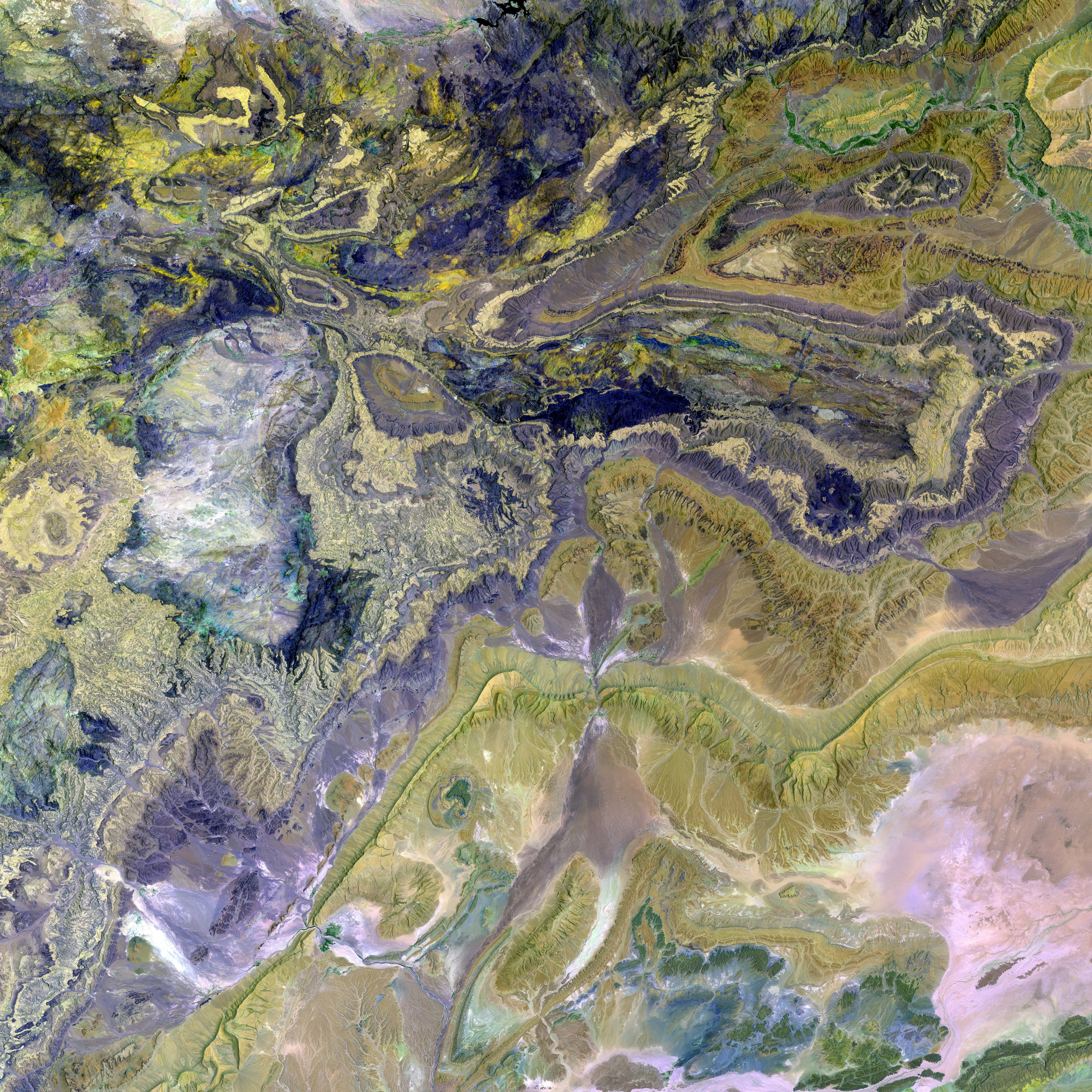Bridge Sabotage in North Rhine-Westphalia: Professionals Propose Collaboration
Addressing Long-Standing Deterioration of Bridges in North Rhine-Westphalia
For decades, dilapidated and outdated bridges have posed a significant challenge across Germany, particularly within the region of North Rhine-Westphalia (NRW). Approximately 12,000 bridges under municipal authority in NRW must be maintained without federal aid, placing a considerable financial burden on the respective municipalities. To foster information exchange and collective problem-solving, the "Working Group Municipal Civil Engineering NRW" (K-ING NRW) was formed in 2014. Comprising over 50 municipalities, this group held a symbolic meeting under a bridge in the Lippe Aue recreational area in Hamm on Tuesday (May 27th), aiming to gather insights and strengthen connections to distribute expertise more effectively and enhance the overall state of bridges.
The persisting issues in NRW's bridge infrastructure can be attributed to maintenance delays, a scarcity of skilled labor, outdated structures, static concerns, and the escalating traffic loads. Uwe Greimsehl, the head of maintenance management for Cologne's city, emphasizes the importance of unity, stating, "In the end, we're all in the same boat."
Maintenance backlogs, originating from the aging infrastructure, can result in safety concerns and increased costs. To address this issue, municipalities prioritize maintenance based on urgency and potential impact, implement regular inspection schedules, and secure funding through local budgets or grants.
A deficit in skilled labor can lead to delays in repair and maintenance work. To alleviate this issue, municipalities invest in training programs for their local workers, collaborate with technical schools, and outsource tasks to specialized companies when necessary.
Bridges in NRW, built during earlier times, may not meet contemporary safety standards or traffic demands. Considering this, municipalities conduct structural assessments to identify needs, plan for modernization or replacement where required, and pursue funding for major projects to ensure safety and adequate support.
Static issues, particularly prevalent in older bridge structures, necessitate regular assessments to maintain structural integrity and stability. Advanced materials and techniques are used to reinforce bridges, while safety measures like monitoring systems are incorporated to guarantee a secure bridge network.
Increasing traffic loads pose a significant challenge, requiring careful management to avoid overstressing the bridges. Strategies such as traffic routing, load limit installation, and planning for future capacity needs can help cities manage the ever-growing traffic while preserving the integrity of their bridge infrastructure.
While specific details about the role of K-ING NRW are not publicly disclosed, similar working groups in other regions often deliver collaborative benefits like sharing best practices, advocating for funding and policy adjustments, and offering professional development opportunities for municipal engineers and technicians.
The European Greenways Association offers a potential model for repurposing disused infrastructure into greenways, an approach that can breathe new life into derelict railway tracks and bridges for recreational and tourism purposes. This method may offer relief from maintenance burdens while stimulating economic growth.
Addressing the deteriorating condition of bridges in NRW would require a multifaceted approach involving collaboration, strategic planning, and investment in both infrastructure and human resources.
- The advancements in science and technology can aid in the development of more efficient methods for infrastructure maintenance, such as structural assessments, monitoring systems, and modernization strategies for bridges.
- Promoting health-and-wellness and fitness-and-exercise initiatives can assist in building stronger communities, allowing, for instance, the repurposing of disused bridges into cycling lanes or pedestrian paths, enhancing the recreational opportunities in North Rhine-Westphalia.






